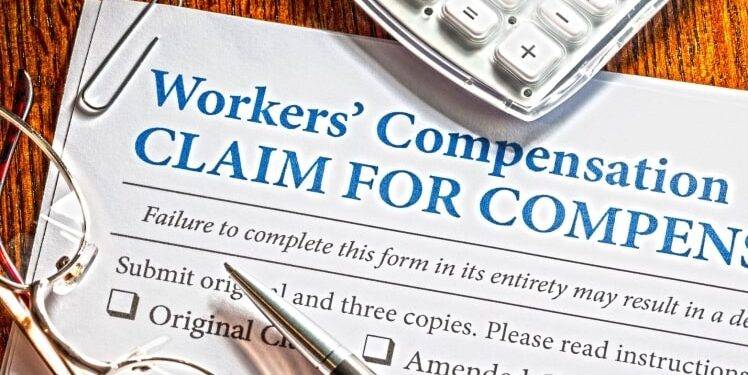Whether you have been injured at work or have become ill, there are ways you can get workers’ compensation benefits. However, there are certain things you need to know to ensure you receive worker’s compensation benefits.
Medical Coverage
Whether you are looking for coverage to help cover the cost of medical care or you are looking for protection from a work-related injury, worker’s compensation insurance is a great option. You can focus on recovering from your injury and supporting your family when you are covered.
When you are receiving worker’s compensation benefits, you should be aware of your rights when it comes to medical expenses. Some of the best protections you can get are from federal laws. When looking for medical coverage when you receive worker’s compensation benefits, you may be surprised to learn that it is not the same as health insurance. While the workers’ comp insurer will pay a portion of the costs associated with your injuries, you are responsible for paying the remainder.
Consider purchasing a group health insurance plan, especially if you are a contractor. This plan will pay for medical care while pursuing your workers’ compensation claim.
If you are an employer, you should look into your state’s laws and statutes of limitations. Your state might require you to notify your workers’ compensation provider within a certain time. This is usually between 30 days and 90 days. You should also know that a medical report is required every 90 days to remain eligible for lost wage benefits.
Wage Benefits
Whether you are new to worker’s compensation or have been working for a while, it can be not very clear to determine how much wages you should expect. While workers’ compensation laws vary from state to state, there are basic guidelines for calculating these benefits.
The average weekly wage is the amount of money a worker earned thirteen weeks before the injury. This number is calculated by dividing the salary by the number of days a person worked that week. In most cases, you will receive medical benefits and wage replacement benefits. In addition, if your claim is settled, you can expect to receive a lump-sum payment. This is typically paid 30-60 days after signing the settlement agreement. This will discharge any liability on your part to the insurer.
The amount of worker’s compensation benefits you are eligible for depends on the nature of your injuries. Usually, benefits will be, at most the maximum weekly wage limit set by the state. However, your insurance company may pay you more if a collective bargaining agreement covers you.
Vocational Rehabilitation
Getting vocational rehabilitation when receiving worker’s compensation benefits can improve your chances of returning to a productive job. You can return to work on light duty or in full capacity. However, you will need to follow certain steps to ensure that your claim is accepted.
The first step is to schedule a meeting with your vocational rehabilitation counselor. You will need to provide proof that you have a disability. You should also provide proof of job leads.
You should be prepared to answer questions and present yourself well at the interview. You should be dressed in a manner that would indicate you’re ready for a job.
A vocational rehabilitation counselor is supposed to help you get back to work. Some counselors are more interested in harassing injured workers than helping them find a new jobs. They are known to send their workers to jobs they know they don’t qualify for.
There are countless benefits of getting vocational rehabilitation when receiving worker’s compensation benefits. You will have a higher chance of finding a job that you can do, and you will reduce the financial burden of workers comp. You can also develop alternate skill sets and learn new trades.
Death Benefits
Survivors of workers who die due to an occupational illness may be eligible for death benefits. If you are unsure if you qualify, speak with a work injury attorney. These benefits can help your family replace lost income and pay for burial expenses.
These benefits are paid by both the employer and the insurance company. In most states, death benefits are payable for up to five years. They are apportioned amongst survivors, including spouses and dependent children. In some states, adult children in college or with disabilities are also eligible for these benefits.
The amount of death benefits awarded is based on the financial dependency of the deceased worker and the number of dependents. For instance, if an employee died at age 55 with four children, his widow would receive 62% of the weekly wages of the four children. If there are additional siblings, they would each receive 5% more.
Employers must notify the Department of Labor’s OSHA when an employee dies. If an employer fails to do so, the employee’s death will not be considered workers compensation. A surviving spouse can receive these benefits for the rest of their life. Depending on the state, benefits are paid in a lump sum or installment payments. These payments will be less than the annuity payments made to the employee.
Typically, dependents are related by blood. However, some states have special requirements for determining eligibility. For example, Louisiana courts have determined that family members include non-relatives.
Survivors of workers who have died from a work-related accident should contact an experienced workers’ comp lawyer to ensure that their claims are handled properly. An attorney can help you navigate the process and minimize the stress involved.











